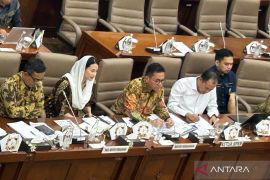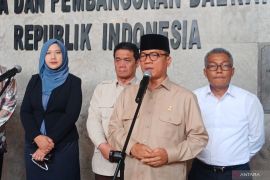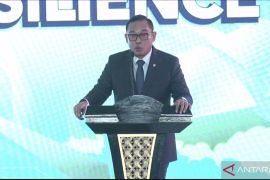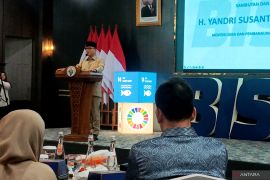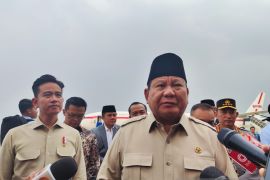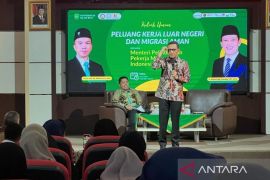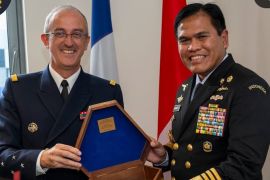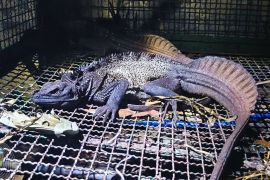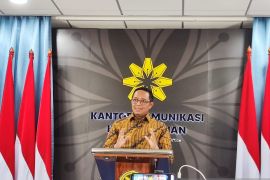"This is important even if we have to brush close against the danger of breaking ethical code," Samad said.Jakarta (ANTARA News) - Chairman of the Indonesian Corruption Eradication Commission (KPK) Abraham Samad said the fight against corruption in the country needs more progressive and radical methods.
"This is important even if we have to brush close against the danger of breaking ethical code," Samad said in a seminar on recovery of state assets from corrupt people here on Thursday.
Samad has been served a written warning by a special team formed to investigate the leak to the mass media of the draft report of case involving former general chairman of the ruling Democratic Party Anas Urbaningrum.
Samad was found breaking the ethical code by the special team over the leak of the draft report before Anas was named a suspect in the high profile Hambalang sports center corruption case.
Samad said radical method is needed to deal with sophisticated method of corruption, which has been so rampant in Indonesia.
He said the fight against corruption has to be backed up by a effective system of legal enforcement without Mafia like judiciary.
He said KPK also seeks to save state assets by preventing corruption.
In 2012, KPK succeeded in saving Rp113.8 billion worth of state assets including Rp111.4 billion from corruption and Rp75.2 billion from graft cases, he said.
The funds had been paid to the state treasury, he added.
The amount did not include funds the agency hopes to recover from corruption cases being investigated, he said.
Until 2011, KPK saved state assets worth Rp152.9 trillion, mostly or 99.65 percent were assets which were never recorded by the government, from cases in the upstream oil and gas sector or state assets which were never recorded by the government.
The remaining 0.35 percent was from transfer of right over state property, he said.
In 2011, KPK saved potential losses of Rp134.7 billion in state funds through the process of investigations of criminal cases in the form of compensation, confiscation, actions of goods in corruption cases and expense paid by convicts. (*)
Editor: Heru Purwanto
Copyright © ANTARA 2013
